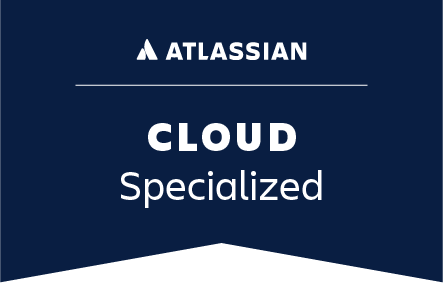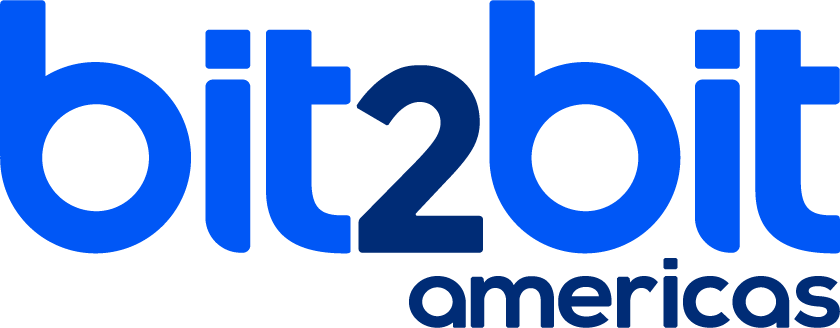Novedades
bit2bit Americas 2022 summary
2022 was another great year for bit2bit Americas and we want to share some of our achievements with you
Metrics
88%
Customer satisfaction
90%
Employee satisfaction
62%
Sales growth
28%
Clients growth
Specializations
Atlassian Cloud Specialized
bit2bit Americas became an official Atlassian Cloud Specialized Partner. A validation of Atlassian’s Platinum Solution Partner’s deep knowledge, extensive experience, and delivery of consistent, high-quality services to optimize customer satisfaction and results achieved by its clients using Atlassian Cloud solutions

Atlassian ITSM Specialized
bit2bit Americas became an official Atlassian ITSM Specialized Partner. A validation of Atlassian’s Platinum Solution Partner’s deep knowledge, extensive experience, and delivery of consistent, high-quality services to optimize customer satisfaction and results achieved by its clients using Atlassian ITSM solutions.
Recognitions
Atlassian Partner of the Year 2021
This 2022 Atlassian announced that bit2bit Americas has received the Atlassian Partner of the Year 2021 in Emerging Markets for its outstanding contribution and achievements during the 2021 calendar year.
This includes exceptional efforts in developing new business, thought leadership, products and services that complement Atlassian.
bit2bit Americas was one of the 26 global partners honored in the annual Atlassian Partner of the Year program for our continuous efforts and exceptional customer work.










Best Miro Reseller of the year LATAM 2021
Miro, leading platform for remote teamwork through a collaborative whiteboard, named us this 2022 as the best Miro Reseller of the year LATAM 2021, an achievement that allows us to strengthen the alliance with our partner and shows the great job from our commercial team.


Xray Emerging Certified Partner
One of our achievements this 2022 was also that we became Xray Certified Partners and received recognition from Xray Experts. Xray is a leader in QA and test management for Jira.
Best-Selling Exalate Partner
Exalate, a leading two-way synchronization solution for complex cross-team collaboration scenarios, recognized bit2bit Americas as one of its Best-Selling Exalate Partners thanks to its exceptional service in integrations with Jira, Zendezk, Azure DevOps, ServiceNow and SalesForce.

Events
This 2022 we resume with our on-site events with the ITSM + DevOps Experience event in CDMX and with the DevOps Experience event with GitLab in Lima, in which we had a great time with the attendees.
We had Atlassian, Gitlab, Miro, Device42, Tempo and eazyBI as sponsors; who were present at the events and shared their experience with the attendees.


